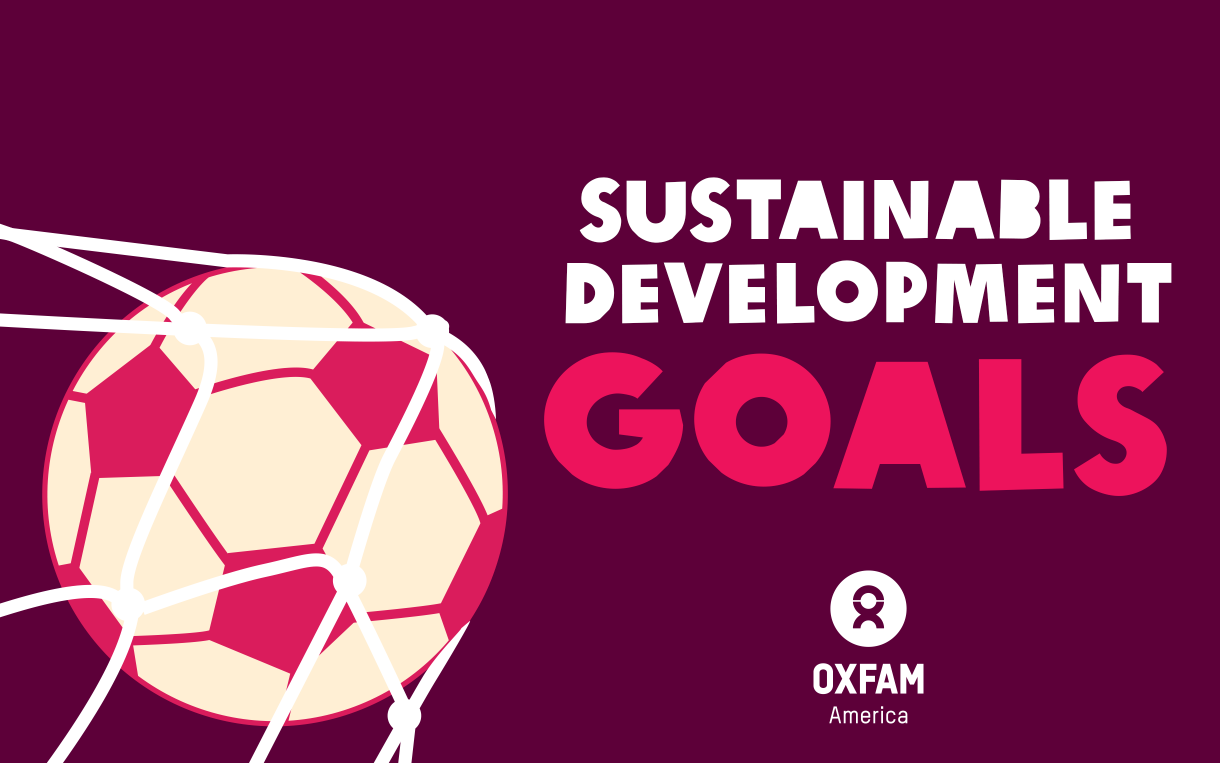Who might change the rules of global development?

How “vanguard” countries might lead an unexpected transformation next year.
vanguard /ˈvanˌɡärd/
a group of people leading the way in new developments or ideas
Next year may be a transformational moment for global development, but not in the way that some people think.
Current orthodoxy is that for 2015 to be a success for global development, the “post-2015” agenda must inspire in two ways. First, it needs to frame a globally-compelling set of Sustainable Development Goals (SDGs) that can be achieved by 2030, and secondly, come up with the global and national financing commitments to deliver on those goals.
Those are worthwhile aspirations and 2015 may be a once-in-a-decade opportunity to fight for them. But getting the big “global win” next year may not be the only way to achieve a transformational moment in the fight against global poverty and injustice.
Here is another way: I predict that 2015 will see some “new school” governments and development financiers become vanguards of new global development rules that gradually transform policy and practice for years to come.
I believe that over time, more and more countries will look at the SDGs and financing conversations as a platform to build support for their own national economic policy and planning agendas. A few of the vanguard will use 2015 global platforms to select the goals and targets they can meet from the SDG “menu,” with the right financing arrangements of course. The most courageous ones will articulate those choices in public commitments to their own citizens.
In support of these countries’ bold commitments to their own people in these global fora, vanguard development institutions will need to offer new financing approaches that reward governments for public accountability and incentivize them to raise and spend more domestic resources on meeting their SDG-related commitments in the long-term.
Even if only a few countries and development financiers become vanguards of an accountable service delivery model, you may ask, why is this worth thinking about? Because the vanguards may end up leading a “race to the top” amongst governments, the private sector, and civil society that will change the rules and incentives for national goal setting, private investment, international development financing and for civil society advocacy in the next 15 years.
Over the next few weeks, I plan to explore, in a series of short pieces on Oxfam’s Politics of Poverty blog, the following questions:
- What types of countries are the most likely to be vanguards?
- What political support or financing deals Will encourage countries to be vanguards?
- What sectors or SDG goals are good candidates for vanguards?
- What might be the particular initiatives that could be early winners/pilots?
- What are the implications for international development financiers?
- What are the implications for global civil society?
- And the winners are… Which countries will actually choose to be vanguards?
If you think these questions are worth reflecting on, send me a tweet @dpaulobrien and let me know what you think! Let’s continue the conversation using #SDGVanguards!
P.S. Click here for a quick and very informal guide to MDGs and SDGs.